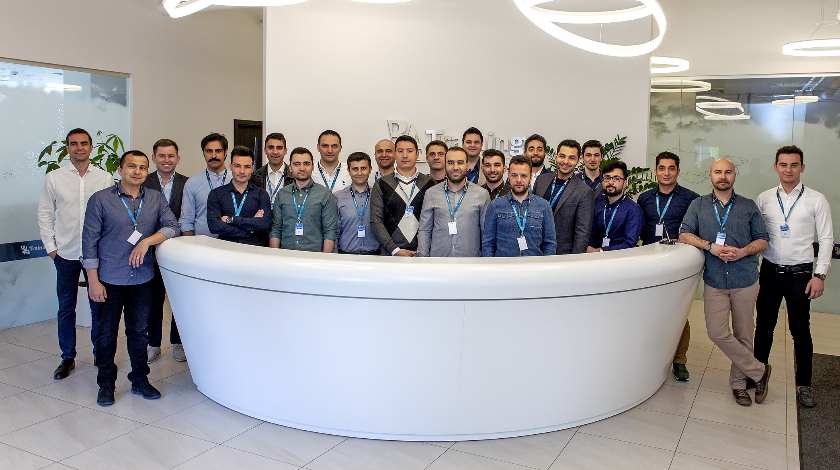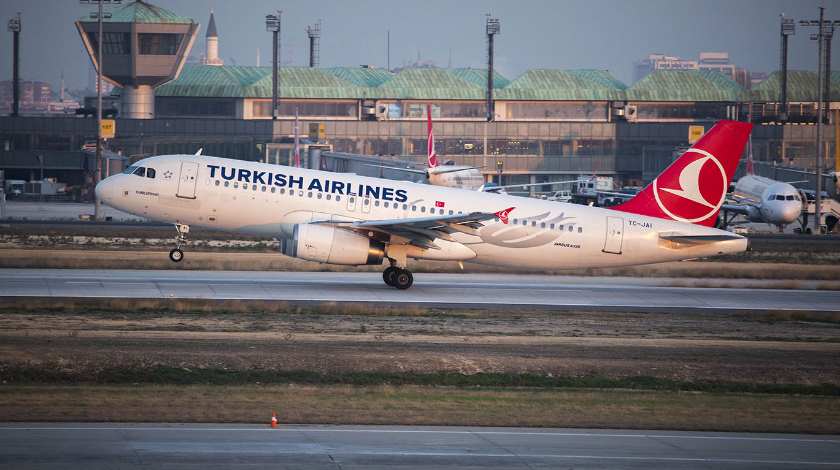Photo: Turkish Airlines
Reading Time: 2 minutesTurkish Airlines, one of the top airlines in the world, has signed a contract with BAA Training for a Cadet training program. One of the TOP 3 biggest independent aviation training centers in Europe, BAA Training, is proud to announce that it will deliver training to almost 300 cadets for the airline in 3.5 years.
Having one of Europe’s youngest fleets with an average age of 8,2 years, Turkish Airlines has a total of 335 aircraft, of which 224 are narrow, 88 are wide bodies, and 23 are freighter. To operate the current fleet, the number of which is set to increase over 500 in 2023 per the carrier’s growth targets, the airline has now almost 5000 pilots on its team.

“Being chosen to provide pilot training for one of the leading airlines in the world once again allows us to contribute to the growing aviation market, thus – the growing pilot demand.
With strategic investments into the infrastructure and the proven experience providing cadet training programs, we are capable of providing the high standard pilot training and together building a safer tomorrow of aviation”, comments Egle Vaitkeviciute, CEO at BAA Training.
Since 2016 BAA Training has started 6 different cadet training programs and currently has over 250 students at its Ab Initio school. With the growing training capability needs, the company invested over 12M Euros into its training equipment and facilities in 2018. Ab Initio school fleet was expanded by 40% and will continue increasing following the needs of Turkish Airlines.
In addition, the flight base in Lleida Alguaire International airport was added to ensure all-year-round flight training. To fulfill global type rating aviation training needs, BAA Training extended its network of full flight simulators up to 105 units in 40 locations worldwide. Meanwhile this April the academy announced the launch of its first MPL training which will be conducted in cooperation with Avion Express.

